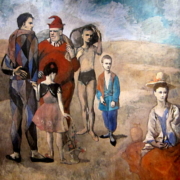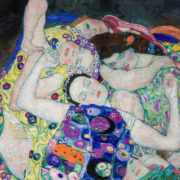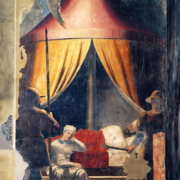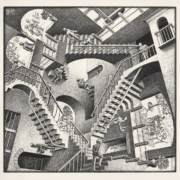Experiental group and dream
Abstract
The experiential group has a duration defined, a beginning and an end, known by the participants. A purpose, not therapeutic, but explicitly and programmatically “experiential”. A conductor having acquired expertise on the events – the “effects” – the unconscious, is able to perceive what is happening in the group and not only to provide “interpretations”, but also to support and facilitate the processes of communication and thought, suggesting images that promote the ability to self-representation of the group. The experiential group is then placed in an institutional framework that traces the boundaries in space and time and determines its goals: knowledge through the experience of how the mind moves in a group that has set itself the task of observing what that happens inside. Implicit in this approach, as the authors try to clarify later, the idea that the ‘”experience” is a social construct and the outcome of a process of working that involves elements of intersubjectivity and communication. Little by little, the dreams begin to appear in communications that take place during the sessions. Nothing like the dream puts us concretely to the existence of mental processes that move completely independent of our conscious will. No accident that Freud called dreams the “royal road” to the unconscious not only their contents speak of the unconscious mind in a more direct way of other processes, but their own uncontrollability we revealed the existence in us of instances that move independently and shape, according to their inclinations, the course of our thoughts. No one can dream about what they want, even in a group.





